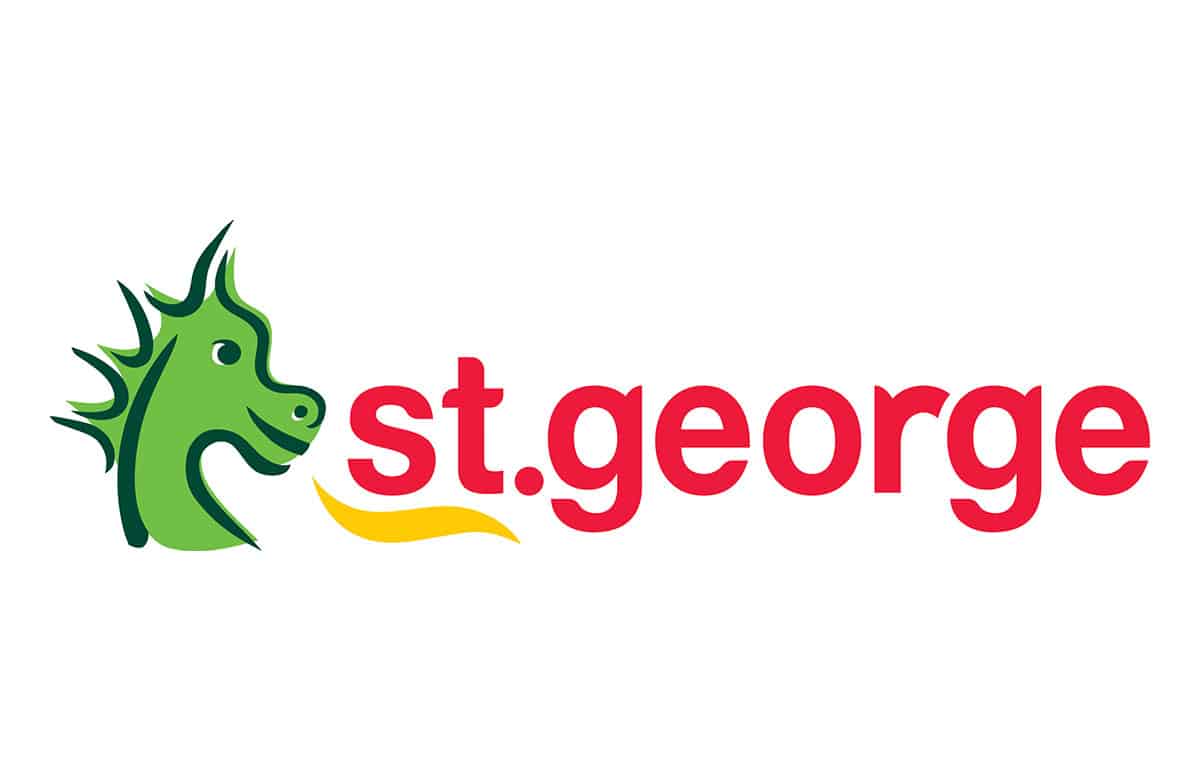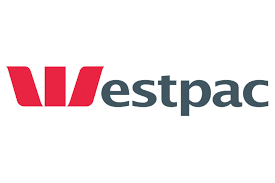Home > Bank Accounts > Lost Bank Accounts
Author
Savvy Editorial TeamFact checked
Finding the best bank account can save you hundreds on fees and connect you with the very latest in smart banking technology. Compare bank accounts from a wide variety of providers with Savvy to find the very best offers available on the market right now.

|
|||||||||||||||||||
|---|---|---|---|---|---|---|---|---|---|---|---|---|---|---|---|---|---|---|---|
|
|||||||||||||||||||
Use invite code SAVVY10 for $10 upon successful sign-up. (Refer to offer T&Cs on Up website)More details |
|||||||||||||||||||
 ING Orange Everyday
ING Orange Everyday |
|||||||||||||||||||
|---|---|---|---|---|---|---|---|---|---|---|---|---|---|---|---|---|---|---|---|
|
|||||||||||||||||||
Rebates on ATM fees anywhere in Oz. No ING international transaction fees. Zero monthly fees.More details |
|||||||||||||||||||

|
|||||||||||||||||||
|---|---|---|---|---|---|---|---|---|---|---|---|---|---|---|---|---|---|---|---|
|
|||||||||||||||||||
No monthly account fees ever, with no conditions. Free use at over 7,000 ATMs around Australia. No overdrawn fees if you happen to go over your account balance. Open an account in less than 7 minutes.More details |
|||||||||||||||||||

|
|||||||||||||||||||
|---|---|---|---|---|---|---|---|---|---|---|---|---|---|---|---|---|---|---|---|
|
|||||||||||||||||||
Get $40 with a new Complete Freedom everyday bank account.More details |
|||||||||||||||||||
 Westpac Choice
Westpac Choice |
|||||||||||||||||||
|---|---|---|---|---|---|---|---|---|---|---|---|---|---|---|---|---|---|---|---|
|
|||||||||||||||||||
Westpac Choice for easy day-to-day bankingMore details |
|||||||||||||||||||
Disclaimer: Savvy is not advising or recommending any particular product to you. We provide general information on products for the purposes of comparison, but your personal situation or goals are not considered here. Although we try to make our comparisons as thorough as possible, we do not have information on all products on the market on our site.
You should always consult a given offer's PDS or further documentation in the process of deciding on which loan to choose, as well as seeking independent, professional advice. If you decide to apply with one of the lenders listed above via our website, you will not be dealing with Savvy; any applications or enquiries will be conducted directly with the lender offering that product.
Bank accounts regularly become separated from their owners, with as much as $1.5 billion in funds waiting to be reunited in bank accounts, investments, shares and life insurance, according to the Australian government’s Smartmoney website. If you think you may have lost a bank account or wish to claim funds belonging to a deceased relative, you’ve come to the right place. Find the information you need to claim any lost bank accounts that may belong to you or your relatives right here with Savvy today.
A bank account is deemed to be lost or inactive in Australia if there hasn’t been any activity in the account for seven years. This means there hasn’t been any deposits, withdrawals or payments made from the account for this entire period. However, it should be noted that financial legislation changes in late 2011 meant in the period 2012 to 2015, bank accounts were deemed to be lost if there had been no activity in them for three years. However, a backlash against this legislative change resulted in the ‘lost’ period being returned to seven years as of 2016.
Unclaimed money is transferred to the Commonwealth of Australia Consolidated Revenue Fund, which is the Australian government’s general income fund, administered by the Australian Securities and Investment Commission (ASIC). It can be claimed through ASIC at any time if a person can prove they are the rightful owner.
There are several steps you need to take to recover money in an account that you may have forgotten about, or may have belonged to deceased relatives.
There are several search databases administered by ASIC which can help you find lost bank accounts in your name and other unclaimed funds in Australia. These are on the government’s Moneysmart website:
In the unclaimed money search box, enter your name or the name of the relative you wish to search for. Try different variations of spelling your relative’s name, as well as both with and without a middle name.
If you conduct a search and find there is a record of unclaimed money, take a note of the Original Transaction Number (OTN) which is provided in the database. This is a unique reference number that will help track down your lost funds.
If you have found a record of unclaimed money from a lost bank account, your next step is to contact the bank, building society or credit union that you had the account with originally. The financial institution is responsible for assessing the rightful owner of the funds. Phone the bank and ask to speak to their ‘unclaimed money officer’ and quote the OTN of the account you’re claiming.
Your bank or financial institution will ask various questions and will ask you to prove that you’re the rightful owner of the funds in question. Once you’ve provided the proof, the bank will contact ASIC to request the funds be returned to you.
ASIC says you should allow up to 28 days for your funds to be returned to you once they’ve received notification from your financial institution. Once you are reunited with your lost funds, make sure you deposit or invest them in an account you’re very familiar with so they aren’t forgotten for a second time.
If you move house or change your phone number or email address, make sure you always inform your bank, building society or credit union about your change of details. Ensuring your bank details remain up to date is the best way to make sure you don’t lose track of your accounts.
If you have a long-term savings account or an emergency account that you keep separate from your main savings, it could be a good idea to schedule an automatic deposit on a regular basis to make sure there’s account activity recorded and it doesn’t become inactive. Even $1 a year will ensure your account remains open and in your name.
Searching for unclaimed money held by the Australian government is always free of charge, and any demands received to find lost or unclaimed money should be treated with extreme suspicion. Scammers frequently send out texts or emails claiming there’s money in a particular person’s name waiting to be claimed. They either send a link to click on or ask for money in ‘search fees’ or ‘administration costs’ to allegedly send the missing money to you. The links included in such scams can result in harmful software being installed on your device. If you do receive an unsolicited message about a lost bank account asking you to click on a link or send money, delete it immediately.
Yes – as of July 1, 2013, interest is paid on unclaimed money held by ASIC. The interest you’ll receive is based on the consumer price index and is set down in legislation. It ranges from 2.93% p.a. in the 2014 financial year to a low of 1.11% p.a. for the 2021 financial year.
This will depend on how long ago your bank account was lost and the circumstances surrounding how you came to be parted with your funds. Your bank or financial institution may ask you to provide 100 points of ID to prove your identity or if you have original copies of the bank statements of your lost account, these may be sufficient alongside evidence of your new address or contact details.
Yes – state governments hold money from deceased estates, share dividends, wages, trust money and many other situations where funds become lost. If you want to find bank accounts in your name, or you’re looking for money from a relative’s lost bank account or deceased estate, you should also approach the government in the state in which you or your relative lived at the time. Search for ‘public trustee’ or ‘state trustee’ for the relevant state to find contact details of who may be able to assist you.
The Australian Taxation Office administers superannuation accounts which have become separated from their owners. To find your lost super, you’ll need a myGov account linked to the ATO. Once you’ve created your account, select ‘Super’ and you’ll be able to find any super in your name and consolidate it all into one account. If you don’t have a myGov account or don’t wish to create one, contact the ATO by other means.
© Copyright 2023 Quantum Savvy Pty Ltd T/as Savvy. All Rights Reserved.
ABN 78 660 493 194. ACR Number 541 339.